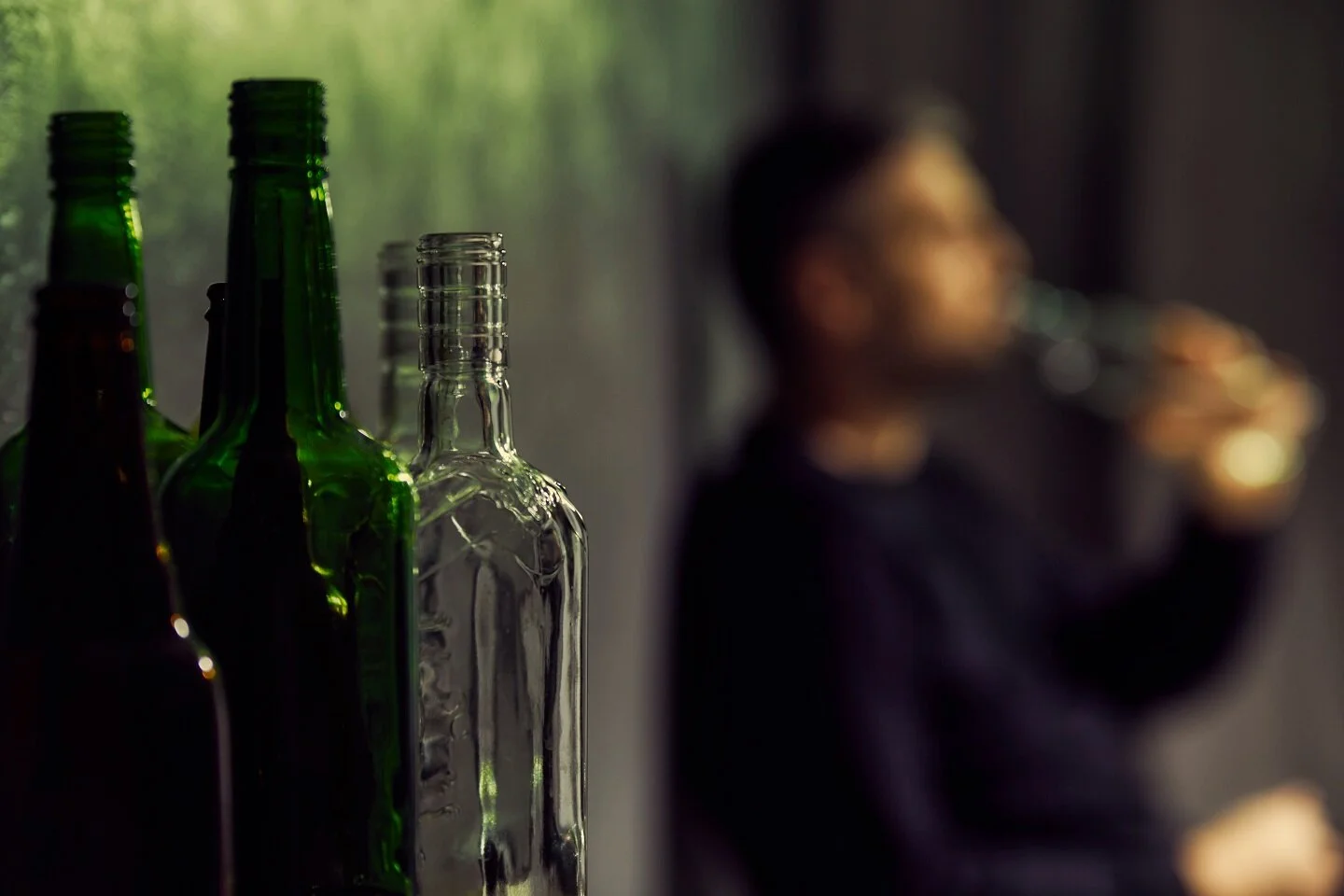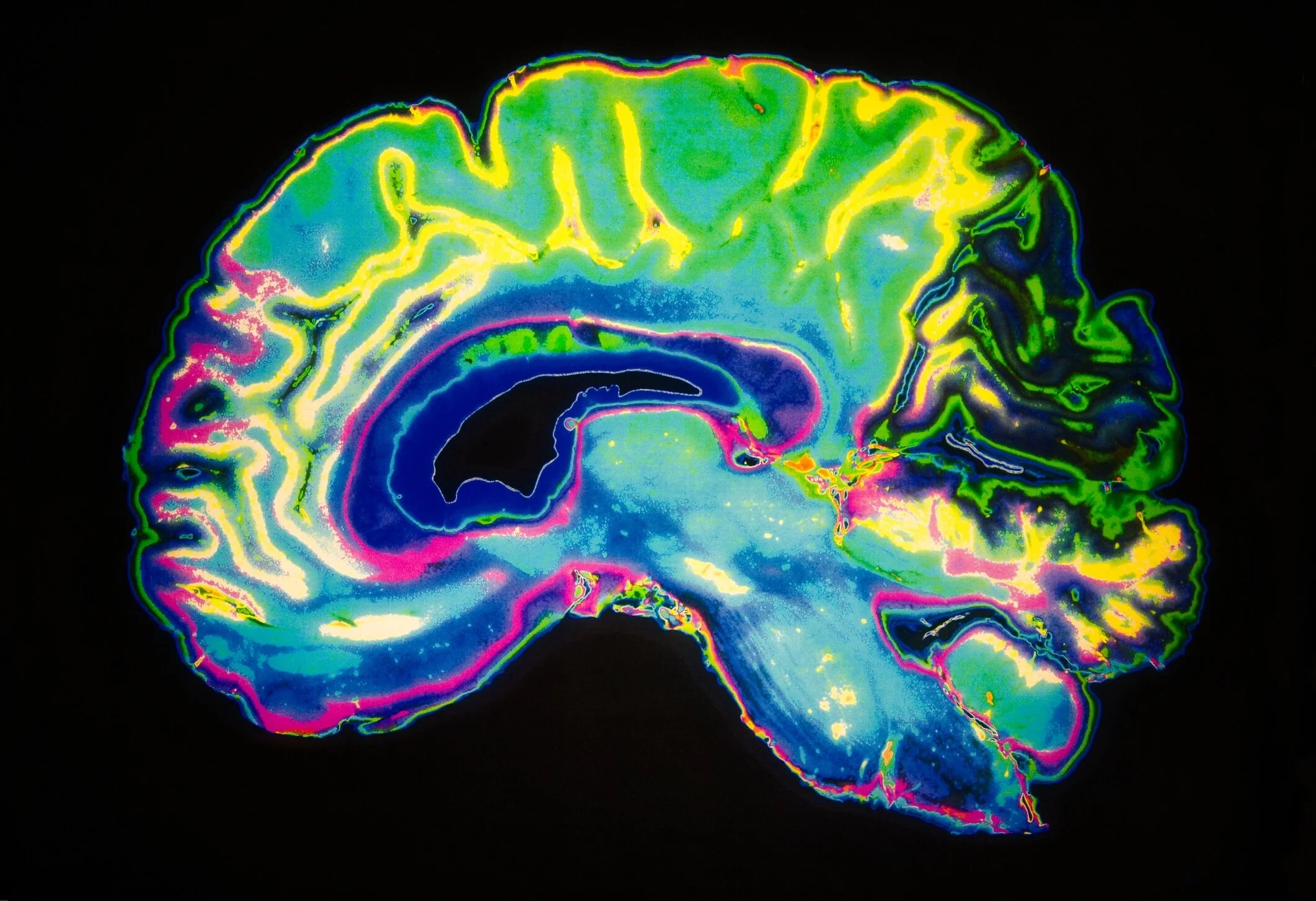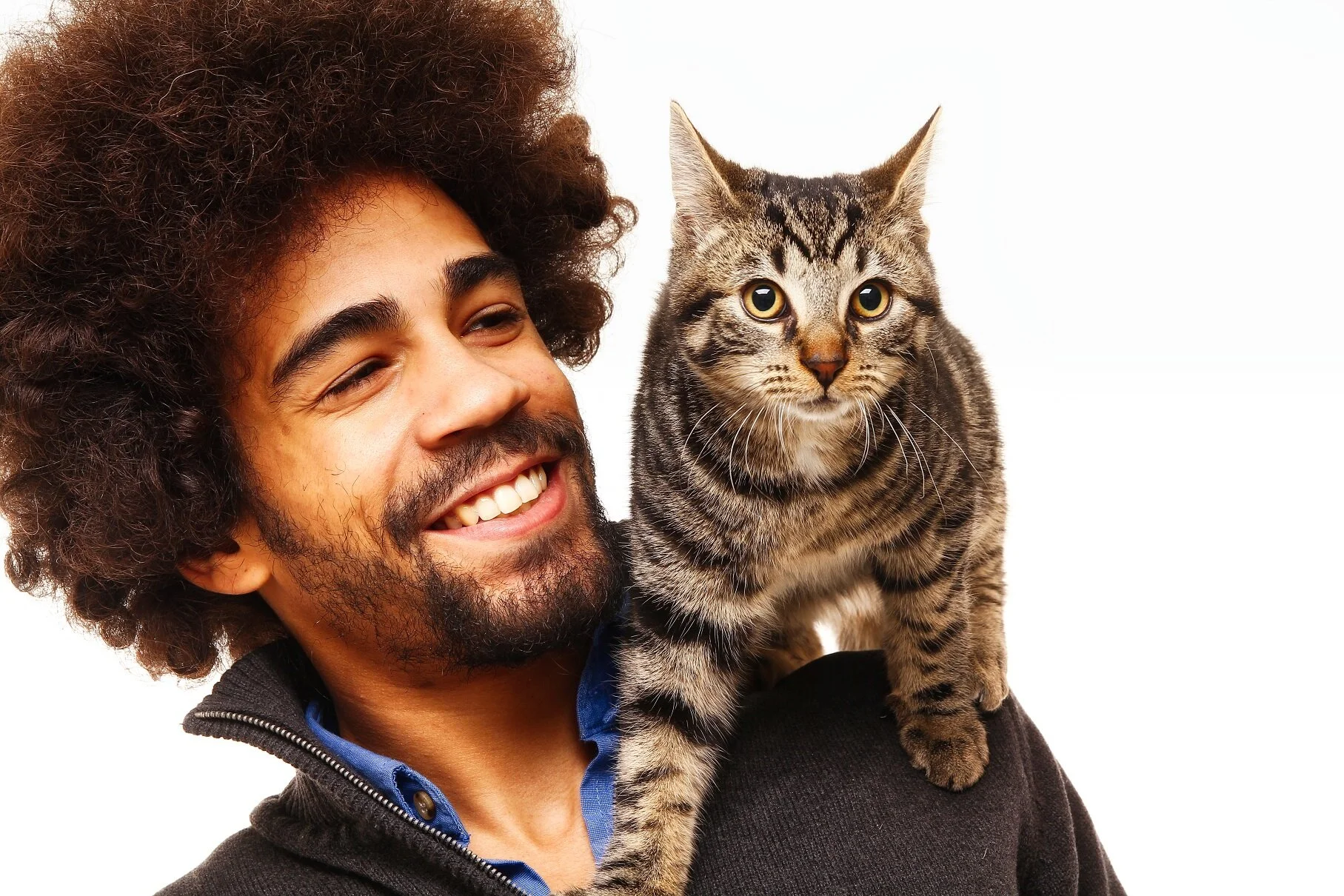Young people that like to stay up late are more likely to demonstrate impulsivity, substance use and anxiety, according to a study from Chronobiology International.
Image Credit: Photographee.eu via Shutterstock / HDR tune by Universal-Sci
The study carried out by researchers from Brunel University London and the University of Surrey looked at the link between people that are evening types and anxiety, substance use and impulsivity. Typically, young people have a tendency to stay awake later, with evidence suggesting that these individuals are most likely to develop mental health problems and substance abuse.
Researchers carried out a survey of 191 participants aged between 18 and 25, asking them whether they are a morning or evening type person, as well as collecting information about their sleep quality, how impulsive they are, any anxiety they experience and any habits or substances they consume, including smoking cigarettes, drinking alcohol and drinking caffeinated drinks such as coffee.
(What is the maximum amount of coffee you should drink in a day - Universal-Sci)
The participants’ impulsivity levels were put to the test, seeing how long they would wait to receive a hypothetical cash prize. This lab-based computer test found that evening type individuals demonstrated more impulsivity, opting for smaller, immediate rewards as opposed to larger rewards that required waiting. These same people demonstrated higher amounts of alcohol and caffeine intake, as well as smoking more than those that were morning types and went to bed earlier.
Image Credit: Photographee.eu via Shutterstock / HDR tune by Universal-Sci
To determine the cause of these findings, the researchers used mediation analysis, finding that increased impulsivity levels were the link between evening type individuals, their alcohol and caffeine intake, and smoking.
The benefit of this study is that the findings can be used to help educate young adults about the risk factors that increase the likelihood of substance abuse, as well as preventing these issues from occurring.
Confirming the importance of the findings, Dr. Simon Evans, Lecturer of Neuroscience at the University of Surrey, explained: “Young people who stay up late and claim they function best in the evening are known to have higher alcohol intake, smoke more cigarettes and are at greater risk of mental health issues. What we have found is that their higher levels of substance use are due to their increased impulsivity levels.” He added “The consequences of high levels of substance use can be detrimental to long term physical and mental health, and these findings suggest ways we could reduce risky substance use behaviours in young people.”
These comments were supported by Dr. Ray Norbury, Senior Lecturer of Psychology at Brunel University London, who supported the findings before adding: “What we don’t know is if night owls are more likely to engage with these harmful behaviours because they are already out late and so may just have more exposure to opportunities to drink and smoke or whether the addictive behaviours drive them to be up late.” He concluded by saying “Clearly, this study has implications for both the mental and physical health of our student populations. It may be that simple interventions to improve sleep hygiene could reduce substance use and anxiety in these young and potentially vulnerable adults."
To summarise, this study has highlighted the link between young people that are evening types, substance use and anxiety. It is believed that these findings can be beneficial in educating this age group and helping to prevent the likes of substance abuse from beginning.
Sources and further reading:
FEATURED ARTICLES:
If you enjoy our selection of content please consider following Universal-Sci on social media












